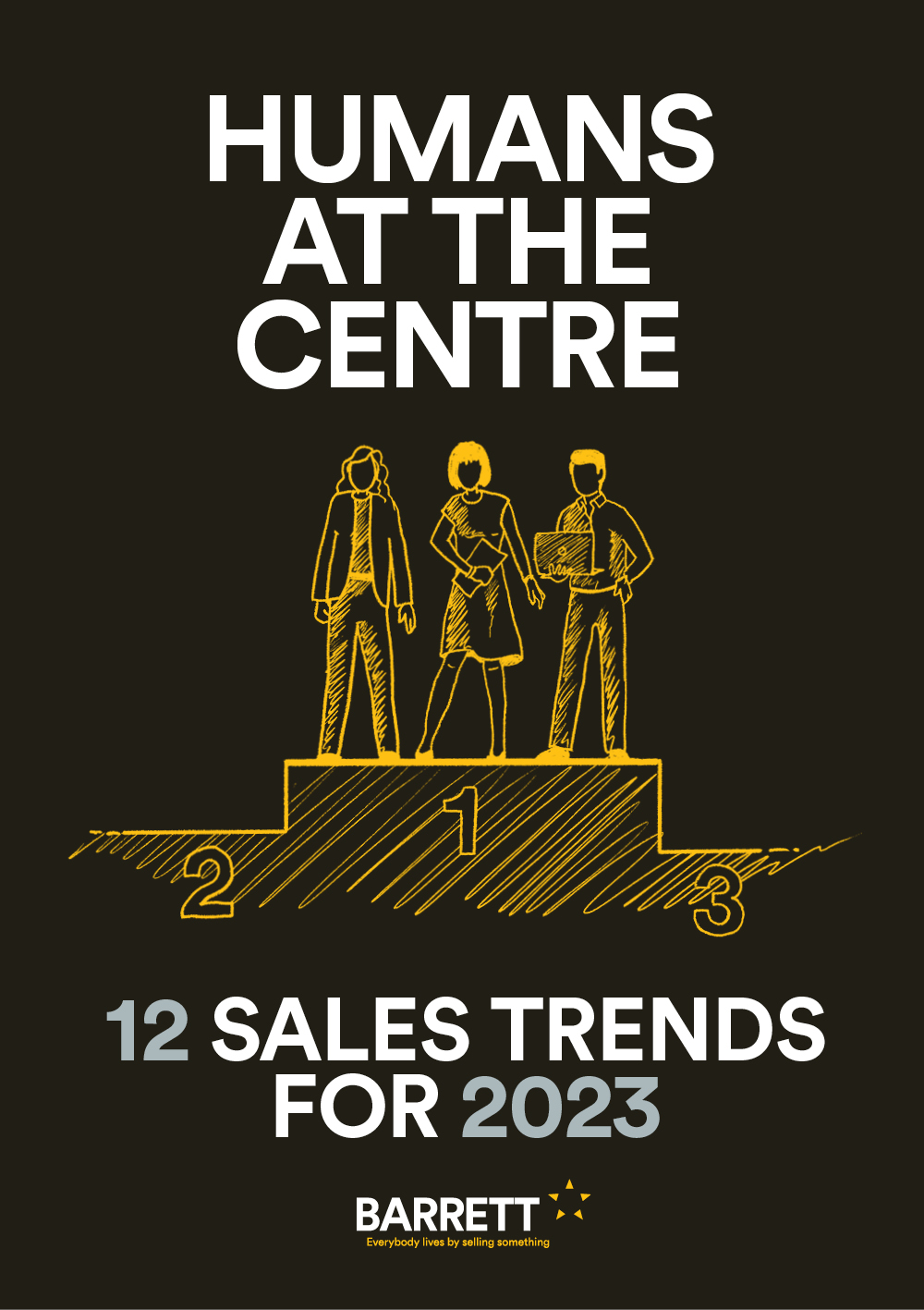We are on the cusp of the fastest, deepest, most consequential transformation of human civilization in history.
Being human-centred is about putting humanity back on the corporate map and endorsing buying and selling experiences that treat people with dignity and respect underpinned by the principle ‘Above all do no harm’ at every level of the value chain.
All boards and CEOs focus on their P&L – how to make money and stay in business. However, only focusing on making profit at the expense of being sustainable and human-centred is outdated and flawed. Making money and being human-centred are not mutually exclusive. It’s not an OR proposition, human-centred businesses are about AND; they’re about being businessworthy. Being businessworthy is about recognising that in business we can get the “making money” curve AND the “making a difference” curve to come together for better business and societal outcomes now and in the long term.
Human-centred businesses are more profitable than their profit ONLY focused peers.
Human-centred businesses have very high employee engagement and research shows that these organisations outperform those with low employee engagement by 202% and their people are 87% less likely to leave than those in organisations with low engagement.
Human-centred businesses are customer-centric and customer-centric organisations grow their revenue 1.7 times faster than others, have happier employees, and avoid race to the bottom tactics which is good news for their suppliers as well.
Being businessworthy and human-centred requires a change in how we think and work as leaders. Human-centred leadership makes success happen with people, not despite them.
Human-centred leaders realise that supporting their people and nurturing a healthy culture isn’t a distraction from business goals– in fact, it’s deeply strategic and leads to better business outcomes. As I often say “We need to be more than leaders. We must evolve to become Stewards of Systems, Leaders of People, Managers of Process and Curators of Culture to create better businesses, communities, and societies for a sustainable world.”
Being human-centred means that we stop playing the short game – quarterly sales results and profit hits – and instead adopt a longer-term view that sees the medium and long-term impact our strategic decisions and actions have on the customer experience, employee retention and wellbeing, supply chains and partnerships, business growth, profitability, reputation, the natural world, and sustainability.
Smart businesses that proactively adopt a human-centred ethos and its practices have a much more positive impact on their employees, customers, suppliers, and the environment.
They know it’s good for business to be human-centred.


Reviews
There are no reviews yet.